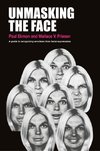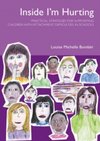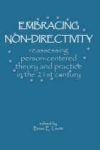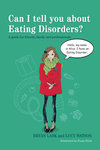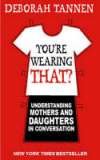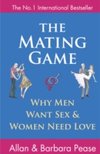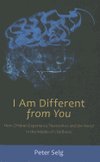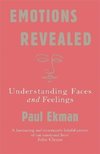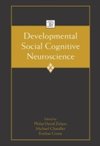
-
 Anglický jazyk
Anglický jazyk
Gambling and Alcohol
Autor: Rebecca Keim
Alcohol Myopia theory (Steele & Josephs, 1990) states that the behavior of intoxicated individuals is disproportionally influenced by the most salient cues in a given situation. Alcohol leads to higher goal commitment if the desirability is salient, despite... Viac o knihe
Na objednávku, dodanie 2-4 týždne
36.99 €
bežná cena: 41.10 €
O knihe
Alcohol Myopia theory (Steele & Josephs, 1990) states that the behavior of intoxicated individuals is disproportionally influenced by the most salient cues in a given situation. Alcohol leads to higher goal commitment if the desirability is salient, despite low chances of success (Sevincer & Oettingen, 2009). The reverse is true if low chances are made salient (Sevincer, Oettingen, & Lerner, 2012). We wanted to explore if the difference between the effects of alcohol intoxication and a placebo on gambling persistence could depend on the salience of the potential high jackpots and the low chances of attaining those. Furthermore, this study set out to test if peoples' dispositional sensitivity to reward should influence gamblers persistence. Intoxicated subjects (vs. sober) filled out a BIS/BAS-scale (Carver & White, 1994) and performed a gambling task. Those primed with a salient low winning chance played significantly less trials than equivalently primed sober persons. We did not find an effect of reward sensitivity. The results have practical implications for reducing gambling behavior under the influence of alcohol.
- Vydavateľstvo: AV Akademikerverlag
- Rok vydania: 2014
- Formát: Paperback
- Rozmer: 220 x 150 mm
- Jazyk: Anglický jazyk
- ISBN: 9783639677409
